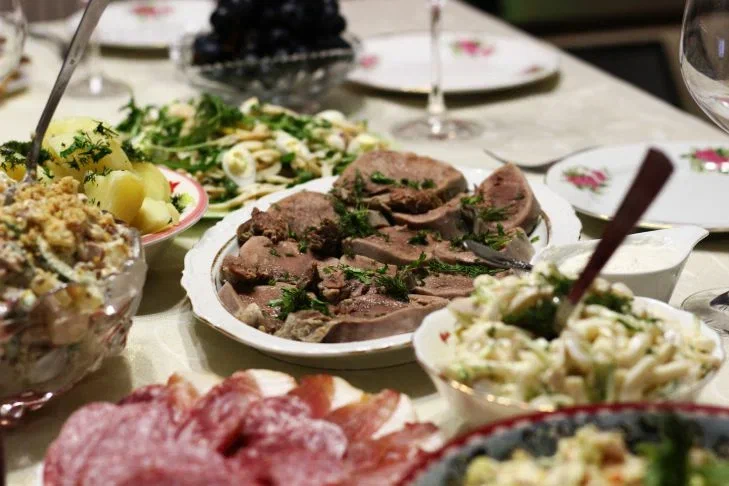Family dinners are considered a symbol of harmony.
But what if this sweet ritual became a battlefield where you didn't even notice how you started losing?
Imagine: you are preparing your favorite dish, lighting candles, but instead of a heart-to-heart conversation you hear: “Why did you buy the wrong cheese again?” or “Are you sure you paid for the Internet?”

It would seem like little things. But they are what turn dinner into daily stress, which you both endure for the sake of the “perfect picture”.
The problem is that many couples use shared meals not for joy, but to solve problems.
Discussing bills, arguing about children, or criticizing household details over a meal is a surefire way to create rejection.
The brain associates eating with safety, so when you regularly hear criticism during dinner, it creates subconscious tension.
Over time, the partner begins to be associated not with comfort, but with discomfort, and even the aroma of home-cooked food does not help.
Another pitfall is silence. If you sit at the table, staring at your plates because there is nothing to talk about, this is an alarm bell.
The lack of topics for conversation often indicates not calmness, but a loss of interest in each other.
Instead of enjoying the moment, you start noticing how loudly he chews or how carelessly he puts down his fork.
Little things that used to seem cute now irritate, and the reason for this is unspoken discontent that has been accumulating for months.
How to change the script? Try "table games."
Ask each other unusual questions like: “If we went on a time machine trip, where would you go first?” or “What superpower would you give me?”
This will spark your imagination and remind you why you enjoyed being together. And leave the problems for a specially designated time - like Sunday tea.
Make dinner an island of lightheartedness, not another item on your list of chores.
